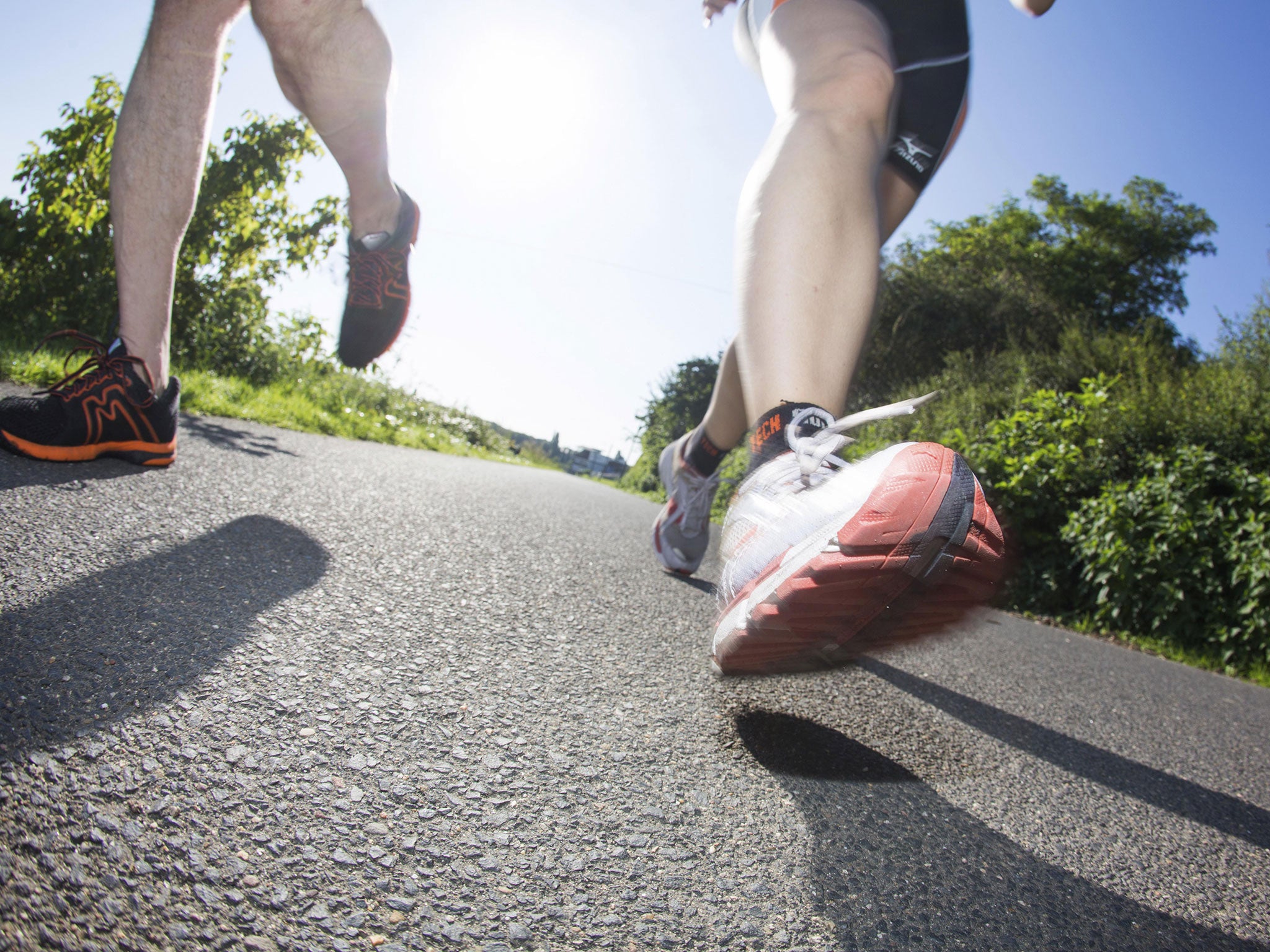Living healthily in middle age can double your chances of being healthy when you are 70, study finds
PHE said evidence shows that living healthily in mid-life can double a person’s chances of staying well aged 70 and older

Your support helps us to tell the story
From reproductive rights to climate change to Big Tech, The Independent is on the ground when the story is developing. Whether it's investigating the financials of Elon Musk's pro-Trump PAC or producing our latest documentary, 'The A Word', which shines a light on the American women fighting for reproductive rights, we know how important it is to parse out the facts from the messaging.
At such a critical moment in US history, we need reporters on the ground. Your donation allows us to keep sending journalists to speak to both sides of the story.
The Independent is trusted by Americans across the entire political spectrum. And unlike many other quality news outlets, we choose not to lock Americans out of our reporting and analysis with paywalls. We believe quality journalism should be available to everyone, paid for by those who can afford it.
Your support makes all the difference.Middle-aged Britons are being urged to get off their couches and cut down on unhealthy food as part of a Government-backed drive to make people look after themselves.
Stark warnings about the risks of drinking and obesity form part of a new Public Health England (PHE) campaign, called One You, which has been billed as the biggest national health drive since Change4Life.
PHE said evidence shows that living healthily in mid-life can double a person’s chances of staying well aged 70 and older.
Around 40 per cent of all deaths in England are related to poor lifestyles, such as smoking, drinking too much and being sedentary.
The NHS spends more than £11bn a year on treating illnesses caused by the effects of diet, lack of exercise, smoking and drinking alcohol.
The direct cost to the NHS of obesity and people being overweight is estimated to be £6.1bn a year, while lack of exercise costs around £900m a year. Alcohol misuse costs the NHS £3.5bn a year.
At an initial cost of £3.5m, PHE’s One You campaign urges people to do more to look after themselves by eating better, taking exercise and shedding pounds.
A campaign across the internet, TV, social media and in public places will urge people to test how healthy they are via a new quiz.
Their results will be fed back to them and “behavioural changes” suggested, such as signing up to a slimming club or downloading an app to take more exercise.
England’s chief medical officer, Professor Dame Sally Davies, said: “We all have the power to shape our future health by making changes now. One You campaign acknowledges that this can be difficult and is there to help make these changes easier.”
Professor Sir Muir Gray, clinical adviser for the One You campaign, said: “Many diseases that impact people’s health and shorten their active lives can be prevented.
“Currently, 42 per cent of adults in mid-life are living with at least one long-term health condition which increase their risk of early death and disability.
“Although it has been customary to blame people for their lifestyle, we now appreciate that we need to take into account the environmental pressures that make it difficult to make healthy choices, having to sit eight hours a day at work for example.”
PA
Fun in your fifties: Happiness dips mid-life
People’s happiness levels typically dip when they reach their forties – but climb again by the age of 50, says a report.
Asked to describe their level of happiness with life, only 38 per cent of people aged between 40 and 49 years old described themselves as either extremely or quite happy, compared with 47 per cent of thirtysomethings.
But happiness starts to rise again for the 50-59 age bracket, with 43 per cent saying they were happy, the findings from insurer Aviva show.
Join our commenting forum
Join thought-provoking conversations, follow other Independent readers and see their replies
Comments